Developing Young Children’s Social Skills While Socially Distanced
 The work of young children is to build language and social skills, much of which happen through family relationships, play and social interaction with peers. With kids spending so much more time at home and online, it’s important to create lots of opportunities for our young children to practice these skills in other ways. Read more ›
The work of young children is to build language and social skills, much of which happen through family relationships, play and social interaction with peers. With kids spending so much more time at home and online, it’s important to create lots of opportunities for our young children to practice these skills in other ways. Read more ›


 Many parents note that one silver lining of these scary and unprecedented times is the opportunity to spend much more time with their children. However, this increased attention can sometimes lead to more worries: is my child delayed? Are they reacting to the anxiety of these times? Or am I just more concerned and sensitive because of my own personal stress?
Many parents note that one silver lining of these scary and unprecedented times is the opportunity to spend much more time with their children. However, this increased attention can sometimes lead to more worries: is my child delayed? Are they reacting to the anxiety of these times? Or am I just more concerned and sensitive because of my own personal stress? 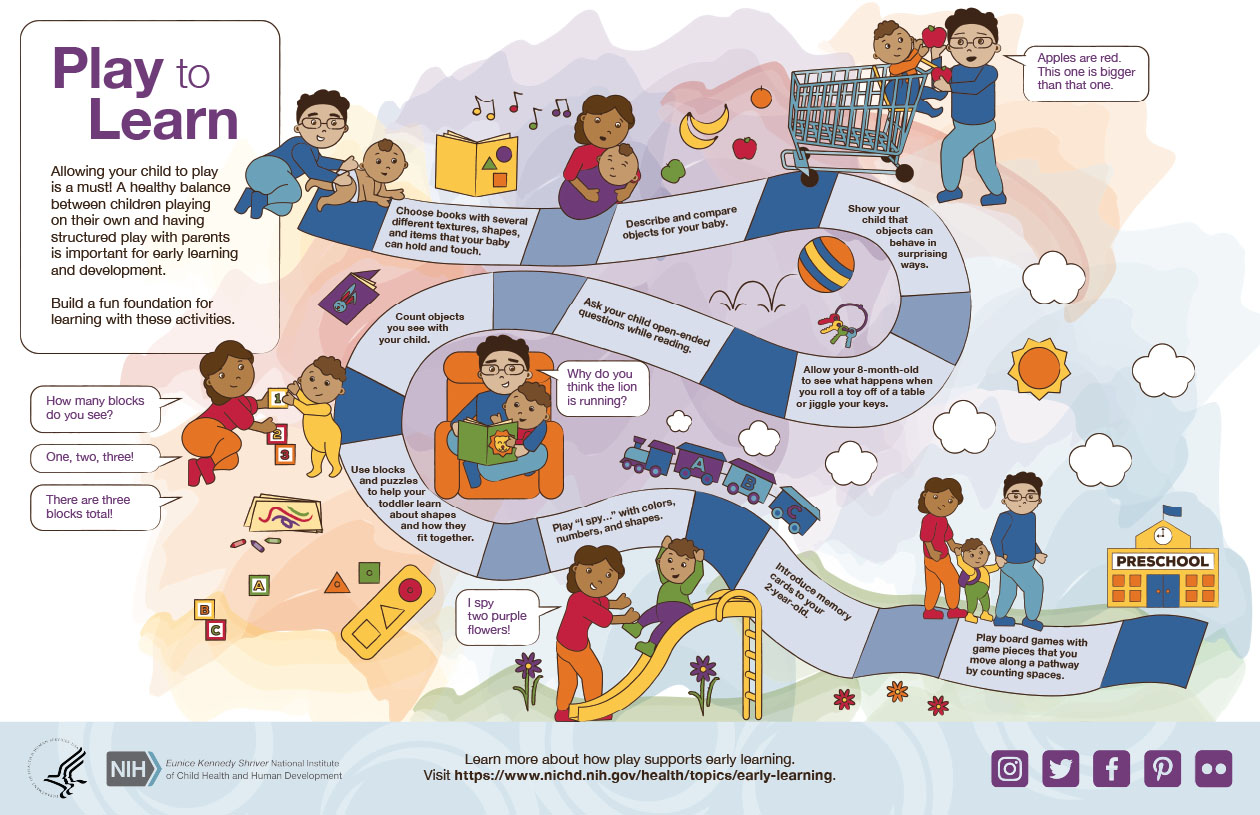
 Allowing your child to play is a must! A healthy balance between children playing on their own and having structured play with parents is important for early learning and development.
Allowing your child to play is a must! A healthy balance between children playing on their own and having structured play with parents is important for early learning and development. 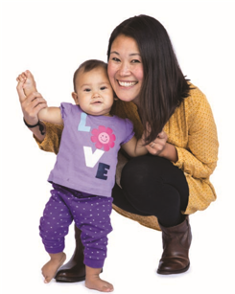
 At each age in a child’s life, there are predictable levels of skill to expect. We have outlined the
At each age in a child’s life, there are predictable levels of skill to expect. We have outlined the 
 Did you know that the
Did you know that the 
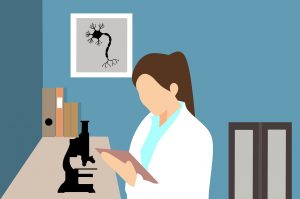 The use of science to inform learning and development can have profound results for children, particularly those in their first few years of life.
The use of science to inform learning and development can have profound results for children, particularly those in their first few years of life.
 Adoption is a lifelong process. Families often need additional support at various times after placement and after the adoption is legally finalized. Families may need services as a child develops and as normal development, adjustment, and adoption-related issues arise.
Adoption is a lifelong process. Families often need additional support at various times after placement and after the adoption is legally finalized. Families may need services as a child develops and as normal development, adjustment, and adoption-related issues arise. 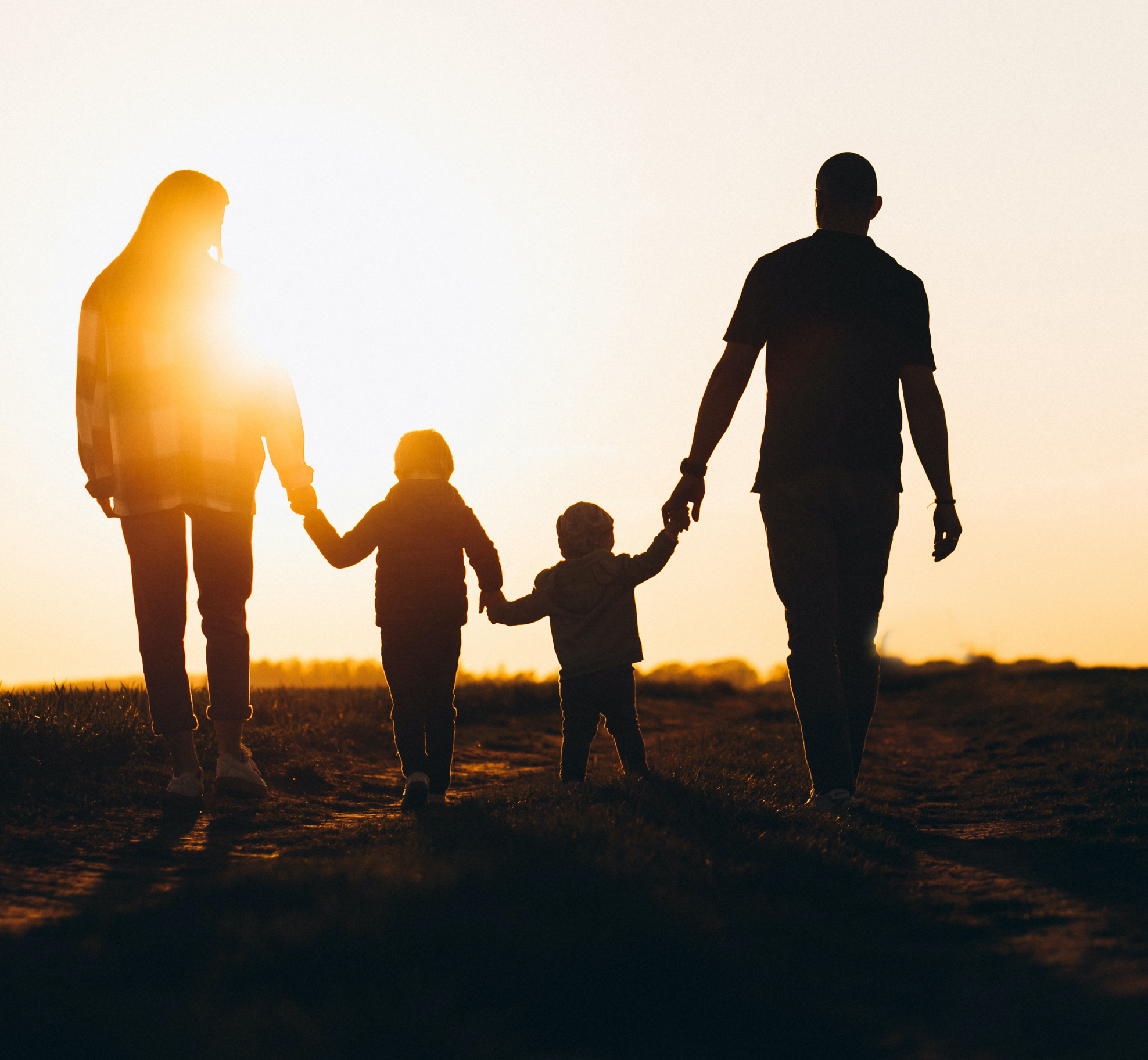
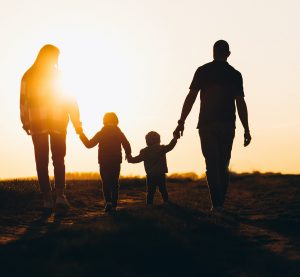
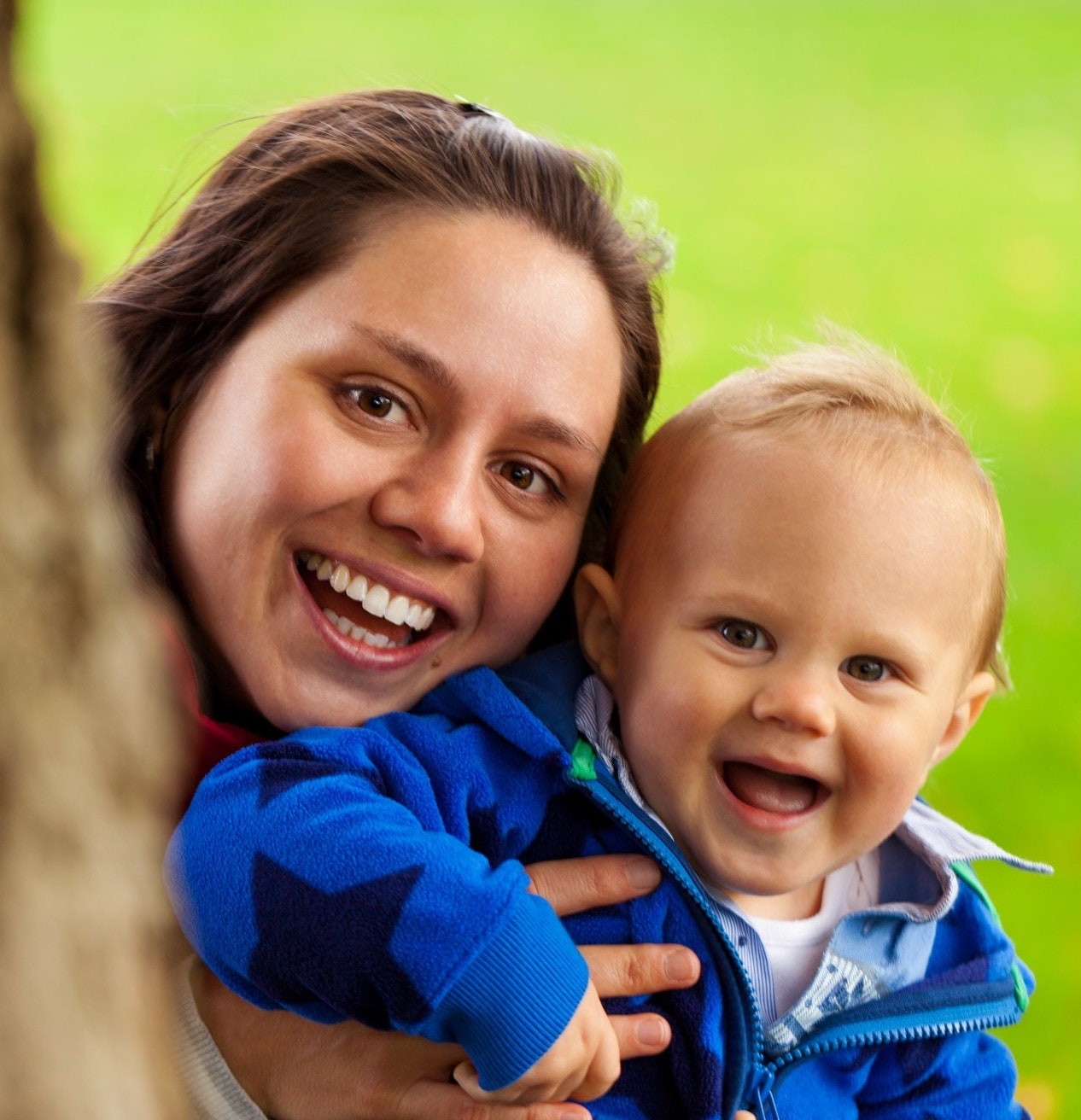
 Child-adult relationships that are responsive and attentive—with lots of back and forth interactions—build a strong foundation in a child’s brain for all future learning and development. This is called “serve and return,” and it takes two to play! Follow these 5 steps to practice serve and return with your child.
Child-adult relationships that are responsive and attentive—with lots of back and forth interactions—build a strong foundation in a child’s brain for all future learning and development. This is called “serve and return,” and it takes two to play! Follow these 5 steps to practice serve and return with your child. 



